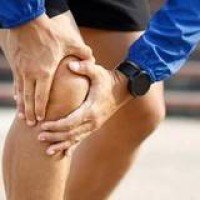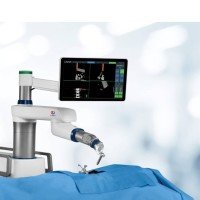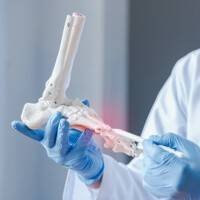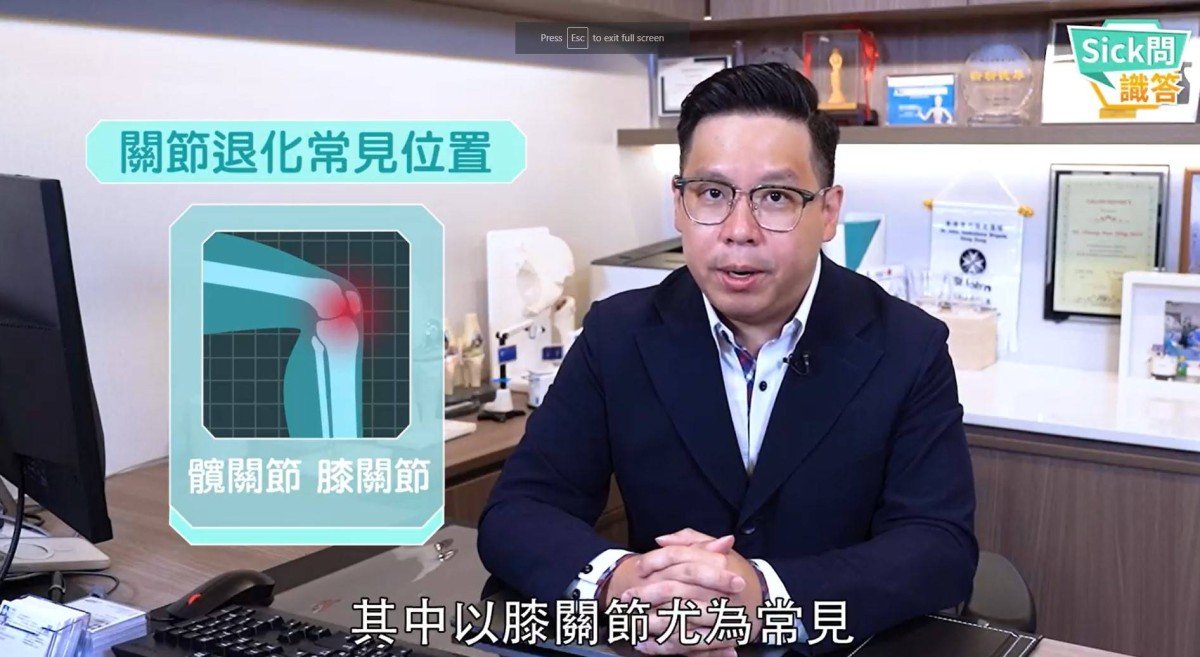
Joint degeneration is a common issue, especially in the lower limbs. According to current statistics, more than 30,000 people in Hong Kong are waiting for surgery due to osteoarthritis, with hip and knee joint degeneration being the primary concerns, and knee joint problems being the most frequent. Orthopedic specialist Dr. Cheung Man Hong points out that joint degeneration is closely related to cartilage wear, inflammation, and even previous injuries. Although joint degeneration is irreversible, medical science now offers various treatment options for patients at different stages of degeneration, allowing them to follow medical advice with confidence.
Three Major Risk Factors for Joint Degeneration
Joints are composed of cartilage, synovial membranes, and other soft tissues. Significant pain is usually felt only when there is severe wear or inflammation of the cartilage, so early-stage joint degeneration is often overlooked. Dr. Cheung states that knee joint degeneration stems from cartilage wear and strain. Cartilage can degenerate due to natural aging or because of previous injuries, leading to wear, soft tissue inflammation, and in severe cases, conditions like meniscus tears, synovitis, and joint swelling.
Dr. Cheung identifies three major risk factors for joint degeneration, many of which are primary diseases. Besides natural degeneration, some patients may have a history of conditions such as fractures or ligament tears; past severe joint injuries that were not properly treated can also accelerate degeneration over time. Additionally, patients with rheumatoid arthritis or gout are more susceptible to joint issues than the general population.
Self-Testing by Climbing Stairs: Seek Medical Attention Early if Issues Arise
To determine whether your joints are abnormal, a simple way is to observe yourself while using stairs. Dr. Cheung notes that climbing stairs - especially descending, puts the most strain on the knees. If you experience pain while doing so, it may be an early sign of joint degeneration. Patients with joint degeneration often experience increasing frequency of joint swelling and pain. In late-stage or severe cases, patients may begin to exhibit varying degrees of stiffness and deformity in their legs, such as an inability to straighten or bend the feet, resulting in "bow legs".
Dr. Cheung advises that if joint pain starts to affect daily life or reduces mobility, you should seek medical attention promptly. When an orthopedic doctor examines, they will first take an X-ray of your knee while standing to assess the narrowing of joint space or signs of bone spur growth, as well as to observe any joint deformity, which helps diagnose the degree of joint degeneration and formulate subsequent treatment plans.
Three Major Treatment Methods Based on Degeneration Severity:
Once cartilage is worn down, reversing it can be difficult. Dr. Cheung notes that there are currently three main treatment methods for different degrees of joint degeneration. For early or mild degeneration, doctors typically recommend non-surgical treatments, while severe knee degeneration may require surgical intervention:
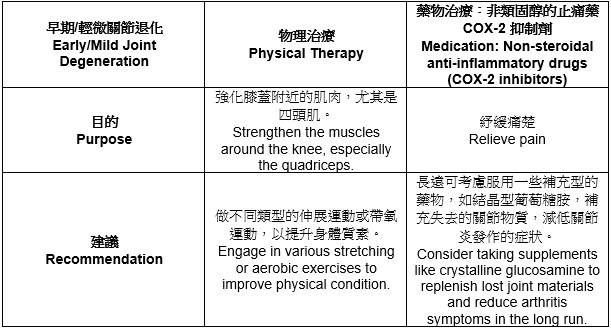
Severe Knee Joint Degeneration: Joint Replacement Surgery (commonly known as "knee replacement")
Dr. Cheung mentions that surgical treatment is becoming increasingly common, and techniques are maturing. Recently, robotic assisted technology has been introduced, allowing surgeons to perform precise osteotomies with robotic support, which minimizes damage to soft tissues and enables fine-tuning of the artificial joint's position according to each patient's unique ligament environment. This reduces blood loss during surgery and significantly lessens post-operative pain. Some patients can walk out of the operating room by their own and begin rehabilitation later on the same afternoon.
Regarding post-operative pain management, Dr. Cheung indicates that a new concept suggests patients start taking various types of pain medications after routine surgeries, rather than waiting until they experience pain. Patients taking COX-2 inhibitors will also receive medications to alleviate nerve pain. This new medication strategy significantly enhances pain relief and speeds up the recovery of mobility in post-operative patients.


